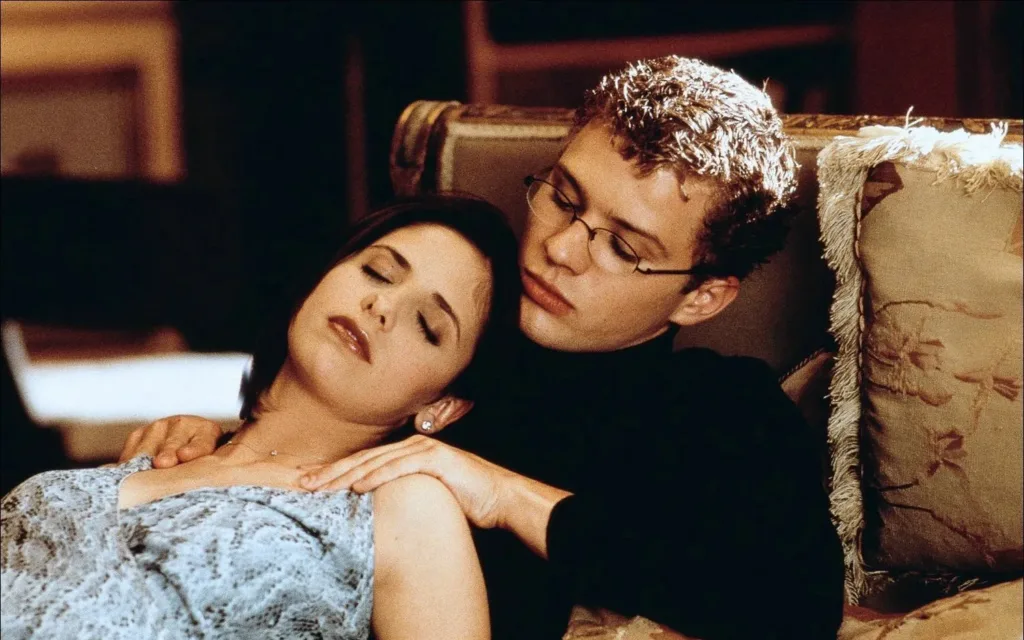Actor Joshua Jackson says his very first day on the set of 1999’s teen thriller Cruel Intentions involved “giving a man head,” a simulated act he performs on co-star Eric Mabius in the finished film. Speaking in Men’s Health’s new Stress Test video, the 47-year-old recalled that the scene was “stressful for a 19-year-old heterosexual boy,” yet he decided to go “all in” to make it convincing. The clip landed on Deadline’s X feed early Friday and quickly circulated through entertainment media.
Jackson added that he did not see Mabius again until their thirties, when the pair discovered they were neighbours and blushed while explaining the connection to Mabius’s wife. LGBTQ outlets Pride, Out and Gay Times seized on the anecdote, praising the scene’s lasting impact on queer millennial pop culture and repeating Jackson’s candid description of the on-set nerves.
The renewed attention arrives while the franchise remains in flux. Amazon’s eight-episode reboot, set at an elite Washington, D.C., college, premiered last November and was cancelled in March, though executive producer Roger Kumble has said further iterations are still possible. Original cast member Sean Patrick Thomas, who returned for the streaming series, told People the revisit felt like “a full-circle moment” two-and-a-half decades after the original film.
Jackson’s story has also sharpened the focus on changing industry standards for intimate work. Cruel Intentions was shot eight years before the #MeToo movement and long before studios routinely hired intimacy coordinators; the role, formalised after 2017, is now detailed in SAG-AFTRA protocols and widely viewed as essential for actor safety. Veteran performers have welcomed the shift—Jane Fonda told Business Insider at Cannes that coordinators would have spared her generation uncomfortable negotiations—though a vocal minority still argue the safeguards dampen spontaneity.
An Entertainment Weekly oral history notes that producer Neal H. Moritz originally prized the 1999 film’s “brashness,” a quality some observers believe is harder to capture under today’s stricter protocols, even as advocates maintain that the trade-off is worth the additional security.
